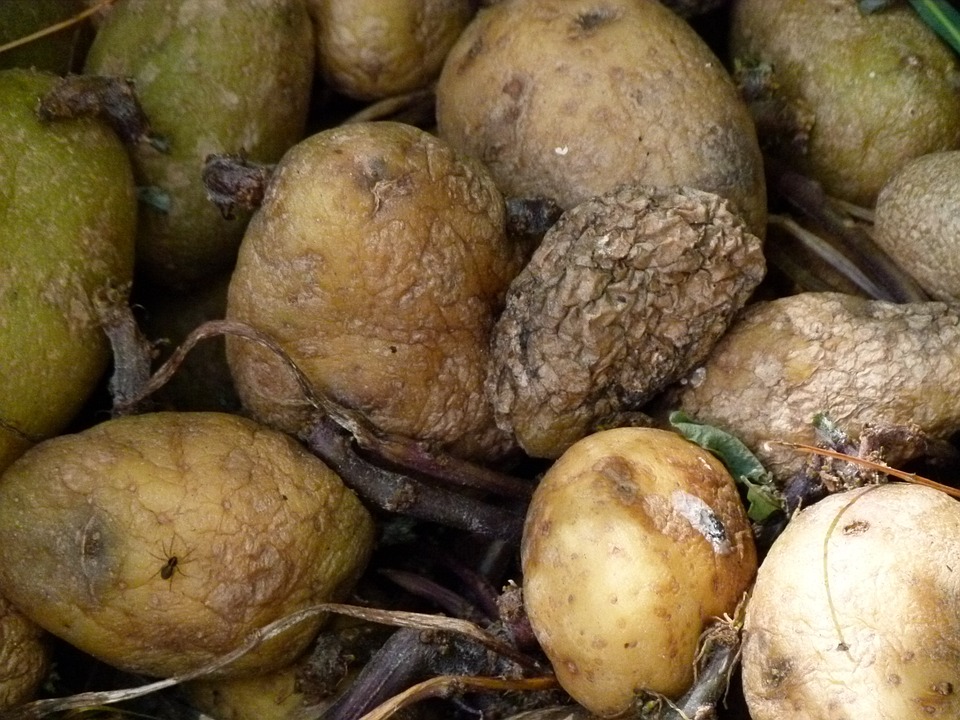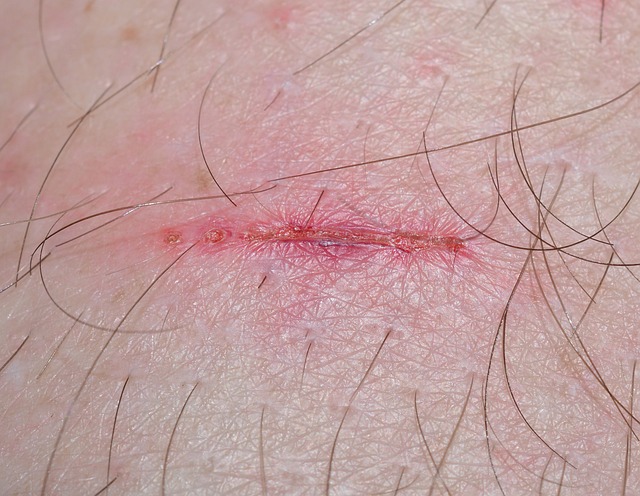Antibiotic resistance is a serious health problem. Some bacteria that can cause serious diseases are becoming resistant to the most commonly available antibiotics.
Antibiotic resistance is accelerated by the misuse and overuse of existing antibiotics.
There is an urgent need for new antibiotic compounds!
Now, researchers have found a new antifungal antibiotic called “solanimycin” which is found in bacteria in potatoes. Solanimycin is produced by the pathogenic potato bacterium Dickeya solani.
This exciting discovery will broaden the search for new compounds for plant-based microorganisms since most of the therapeutic antibiotics come from soil microbes.
Dr. Rita Monson a microbiologist at the University of Cambridge and one of the study’s authors “We have to look more expansively across much more of the microbial populations available to us”.
Monson and colleagues researched to understand the molecular structure of solanimycin and how it works. They found that solanimycin inhibits a variety of fungi known to damage and infect crops.
Laboratory tests showed that the substance also inhibited the growth of Candida albicans, a fungus that normally lives in the body but can cause dangerous infections if it goes out of control.
The findings imply that solanimycin might produce other antibiotics helpful in both clinical and agricultural situations.







